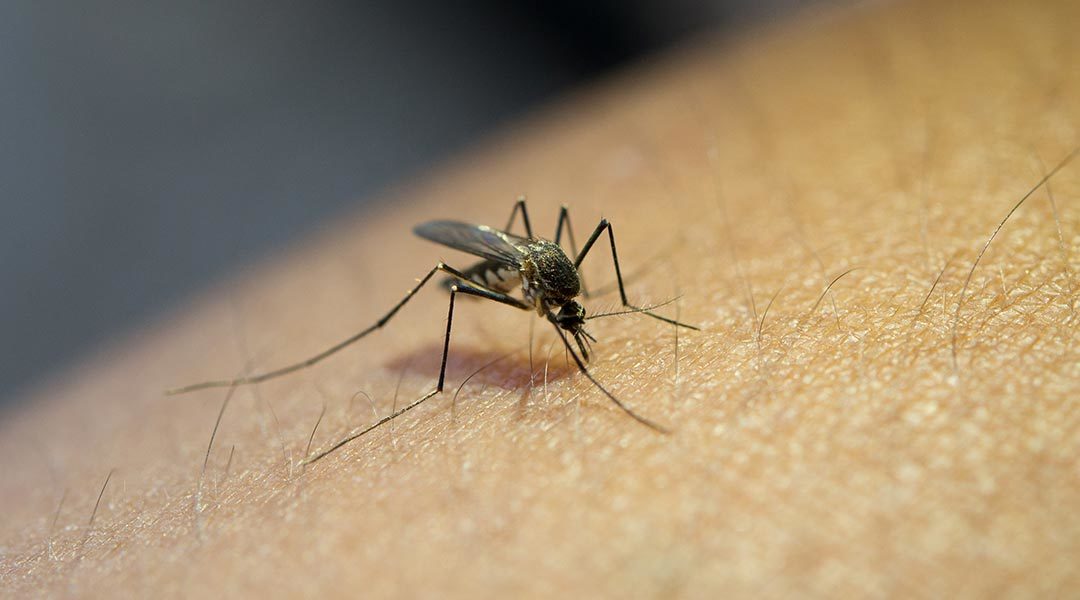Malaria
SFH fights to reduce malaria through nationwide prevention and treatment efforts.
Prevention is key, as it is estimated that prevention alone can save billions in treatment expenses as well as illness-related loss of productivity. Our prevention efforts focus on the promotion and use of Long Lasting Insecticide Treated Nets (LLINS), while our Intervention efforts involve treatment programmes to combat malaria through access to testing using RDT or microscopy for people seeking care for malaria and the promotion and distribution of Malaria treatment with ACT ( Artemisin Combination Therapy).
To achieve Malaria prevention and treatment, SFH works closely with the Federal Ministry of Health on technical matters, education, training, and coordinating policy and research.
Society for Family Health (SFH) is dedicated to improving the health of mothers, pregnant women, and children under the age of five in Nigeria. It utilises social marketing techniques and promotes products and programming to tackle one of Nigeria’s largest health burdens: Malaria.
Malaria: Malaria has the highest burden of disease in Nigeria – with an estimated 300,000 children dying of malaria each year. It accounts for over 25% of infant mortality (children under aged one), 30% of childhood mortality (children under five), and 11% of maternal mortality. At least 50% of the population has at least one episode of malaria annually, while children aged less than 5 years have 2 to 4 attacks annually (NDHS 2008). Malaria is particularly severe among pregnant women and children under 5 years of age, due to their relatively lower levels of immunity. SFH implements these programmes in Malaria: ACT Watch and Global Fund Malaria Rounds 4 and 8 projects. SFH also distributes insecticide treated nets as a component of one of her core funds.
SFH malaria programming includes both prevention and treatment activities. Malaria prevention is a top priority – it is estimated that prevention alone could save Nigeria billions of Naira in treatment expenses as well as illness-related loss of productivity. Prevention programmes focus on the promotion and use of mosquito bed nets, called Long Lasting Insecticide Treated Nets (LLINS), along with education for families and health care providers on the importance of using bed nets to prevent mosquito bites, the mode of transmission for malaria. LLINs are factory-treated mosquito nets that are safe, easy to use, and come in a variety of sizes and colours to address individual needs. Some LLINs are effective for up to 4 years and will last a minimum of 20 washes – they require no re-treatment during this time, making them 5-10 times more effective than conventional re-treatable mosquito nets. LLINs are an inexpensive and easy way of preventing malaria and thus reduce its burden on the health and economic well-being of Nigerians. SFH uses its extensive marketing and distribution channels to move LLINs all across Nigeria, so that they are available to everyone, but particularly women and children.
Pre-Packaged Therapy: Artemisinin-based Combination Therapy (ACT): When prevention fails, treatment of malaria is critical. In seeking treatment for malaria, some mothers are given incorrect drug treatment doses or ineffective drugs to give their children, or find treatment options confusing and difficult to complete. So, in 2003, SFH developed an innovative approach to “pre-package” malaria treatment for easy use among mothers and families to rapidly and correctly treat malaria. SFH treatment programmes to combat malaria focus on the promotion and distribution of a new and effective drug for malaria, called Artemisinin-based Combination Therapy (ACT). This is an easy to use pre-packaged formula that facilitates fast and effective treatment of malaria for children and families. Now, SFH is promoting this ACT treatment, using the pre-packaged method, and distributing this product throughout all of Nigeria, even to remote and rural communities.
SFH conducted the first pan- Nigerian radio campaign to promote the new policy of Artemisinin-based Combination Therapy (ACT) as the drug of choice for the treatment of uncomplicated malaria. This new brand, Coartem will be heavily subsidised to increase affordability for the poor and vulnerable who shoulder the largest burden of malaria in our society. These medicines will be distributed through private health care providers including Proprietary Patent Medicine Vendors (PPMVs) (local drug shopkeepers) and community-based pharmacies. SFH works closely with the Federal Ministry of Health, with technical matters, education, training, and coordinating on policy and research — to move the nation forward on both prevention and treatment issues in its battle against malaria.

